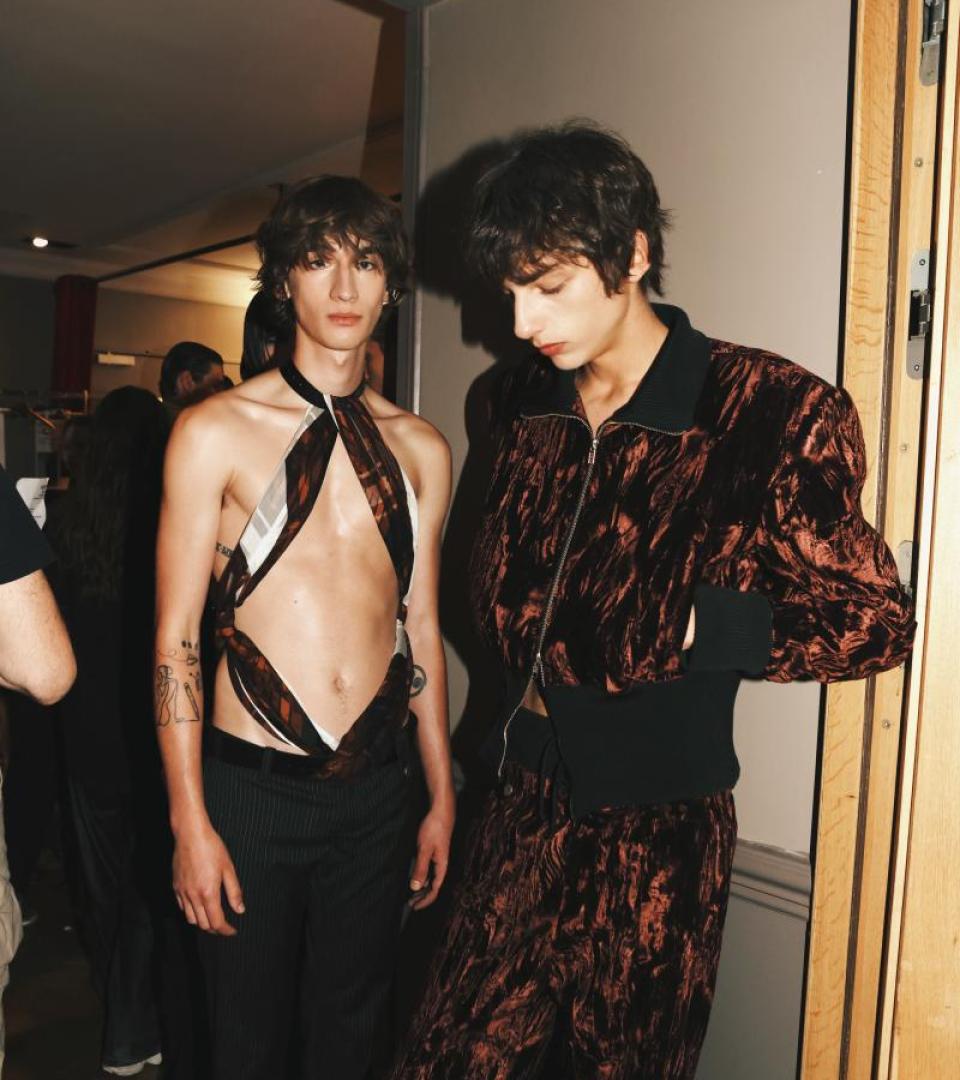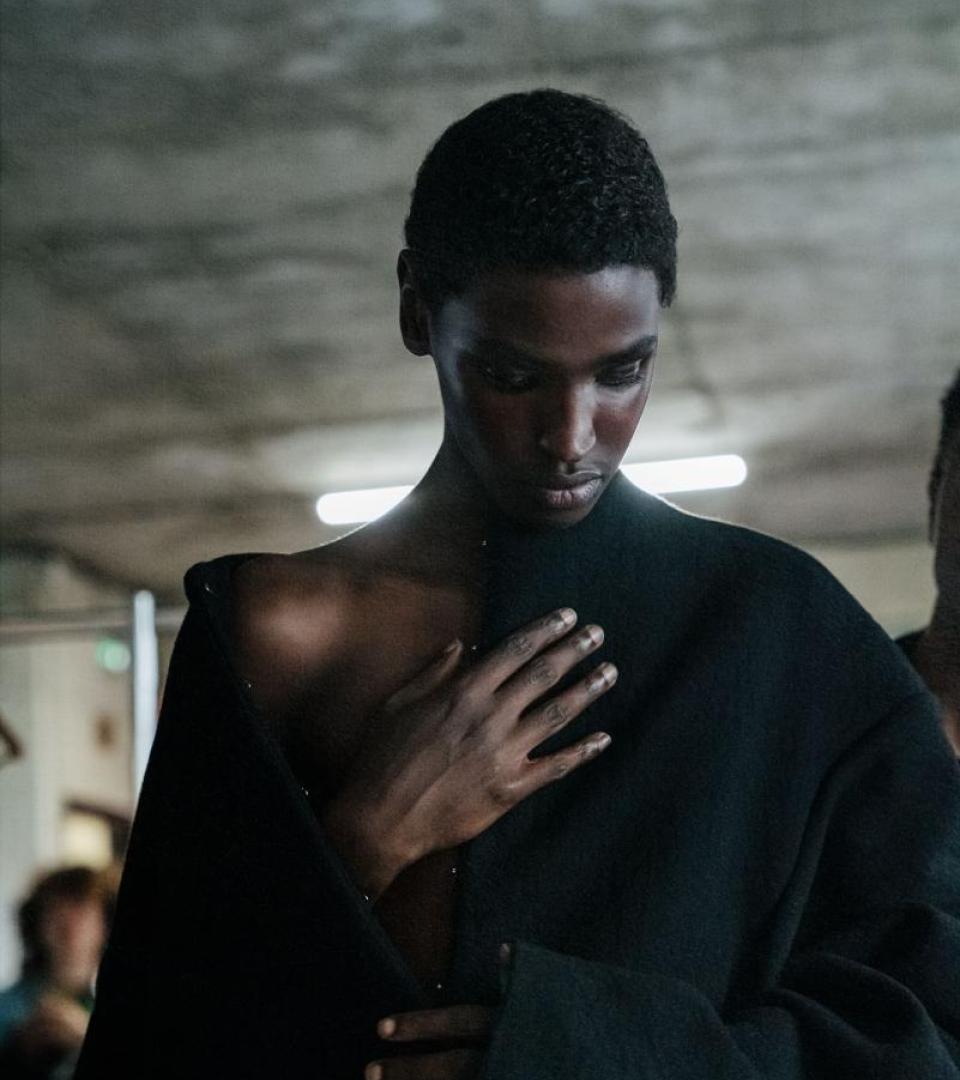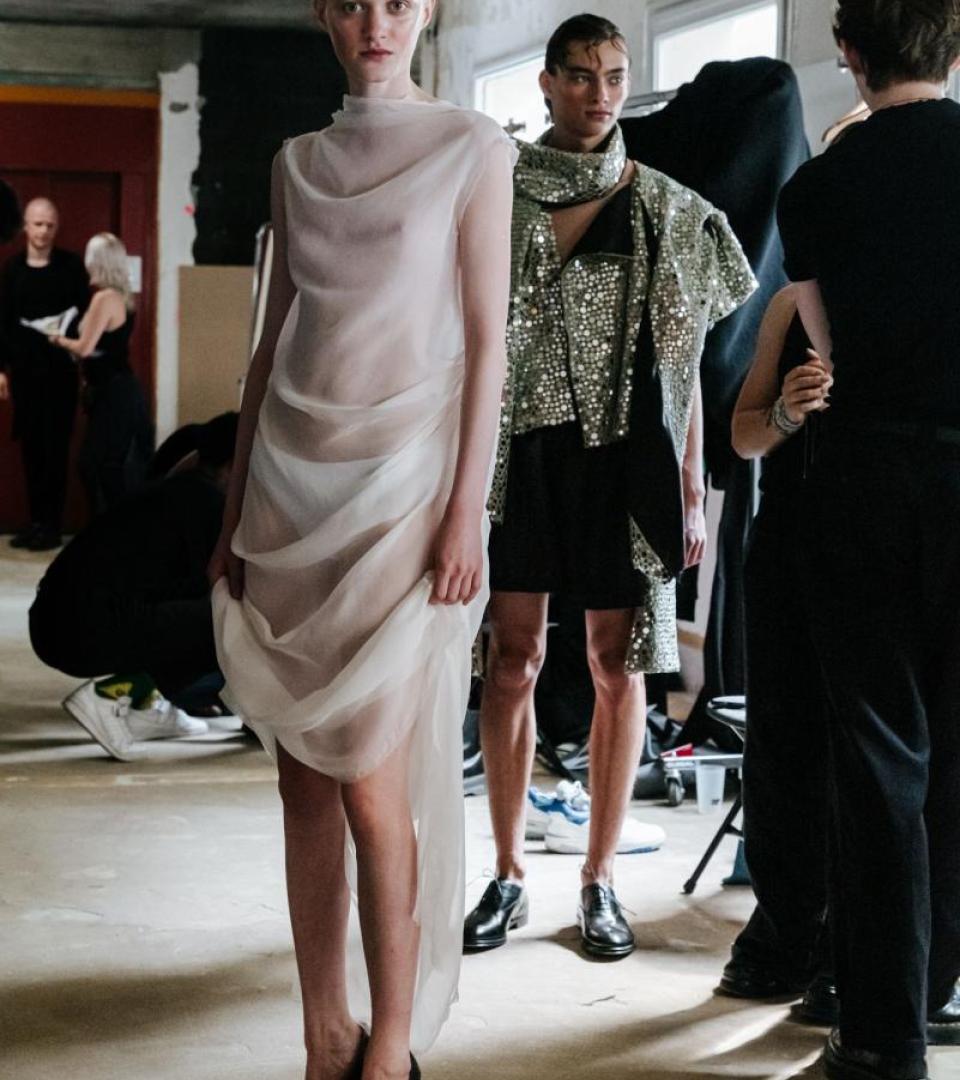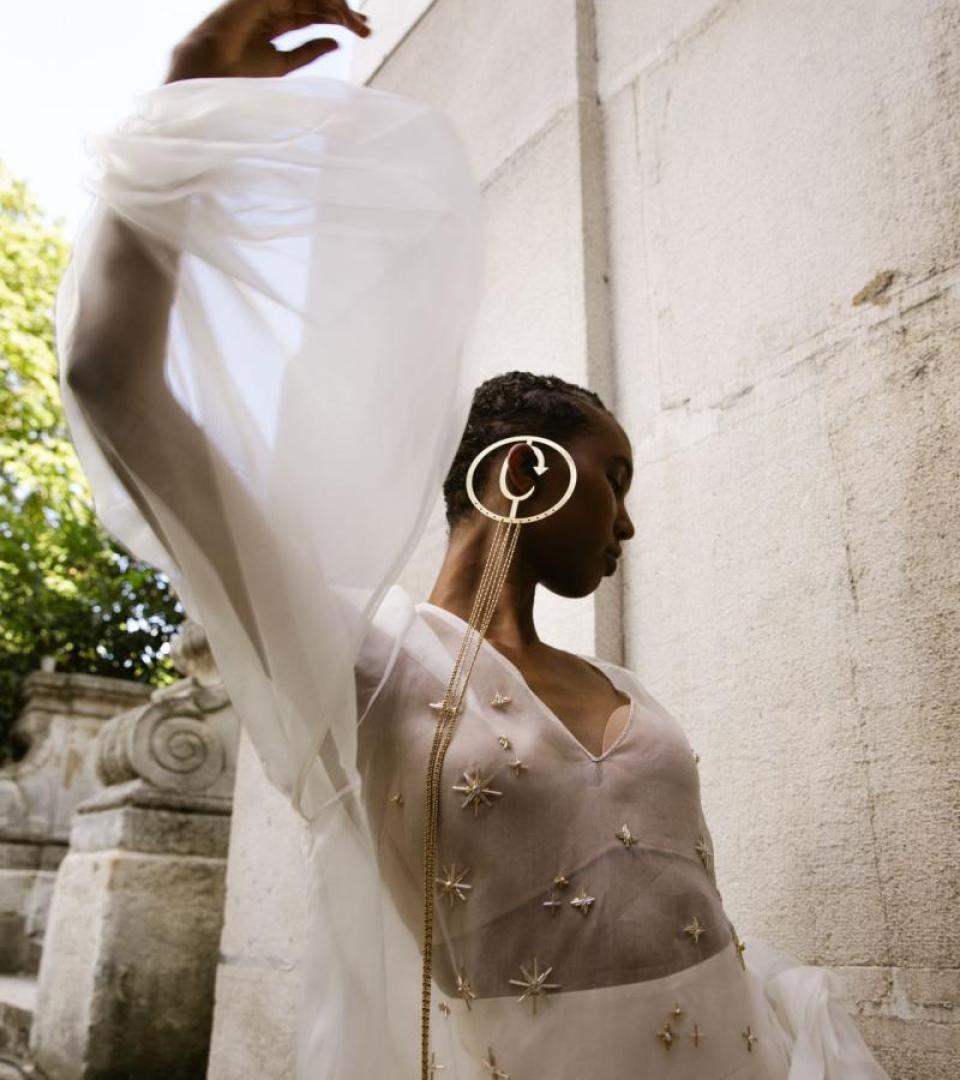What excites you in fashion right now?
It’s a multi-faceted job and now we are all content creators. There are no limits to what you can do: if you want to become a fashion editor, or art director-cum-photographer, then everything is possible. Personally, I still find that it’s good to specialise in at least one thing; but the way the industry has moved and the new demands on editors are that we all now have to multitask. Its fast moving and while digital is very much leading the way in how readers consume articles. But it’s still good to see that print is alive and kicking and generating its own more niche reader and following.
What is one reason to be optimistic about the state of fashion going forward?
The fact that we are in a period of self-questioning – whether this involves questions of greenwashing, sustainability, over-production, or transparency in supply chains and slave labour – we now have institutions in place such as the Fashion Round Table and the Business of Fashion, both reporting on and analysing the roots of these problems and helping to create laws to prevent them in the future. There is still a long way to go, but the more we scrutinise and investigate, the more sustainable fashion will become, ultimately providing safer working environments with fairer pay.
In what ways do you think AI might benefit fashion?
Finding positivity in AI is difficult at present as a lot of the conversations around me see AI as the means to further weakening an already hard-hit journalistic sector. Creative writers and copywriters have already seen their pay cut, but AI has exasperated the situation even further, as it allows certain companies wishing to reduce their wage bill to create copy faster with less experienced writers. This, however, is a race to the bottom, and is stifling good journalism, while also sending out negative signals for new people wanting to enter the industry. That’s not to say all AI is bad, but it needs to be adapted in a way that adds value to creativity and not take it away.
Who or what will drive the greatest change in fashion this year?
The macro economy is the place to start. At present, with all the global frictions, wars and economic downturns, fashion as a luxury product has taken its own hit. The e-commerce market seems to have suffered the most, as many of the designer brands have gone in-house and the markets that they once relied upon have all but dried up. But the social media channels are now providing the opportunity for lots of new start-up designers to reach out to new younger audiences with less overhead cost. The result makes fashion more sustainable again and also more diverse in its offering.
What impact might you hope to have on fashion through your work?
I am hoping with Icon France that we can create a young buzz around fashion through our print and digital platforms. I aim to keep pushing our team of journalists, stylists and photographers to both entertain and inform our diverse set of readers with quality, provocative and thought provoking content that they will want to engage with.
Can you suggest a fashion mantra for '24?
Be versatile and open to new ideas! And be prepared to learn new things!
This interview has been lightly edited.



